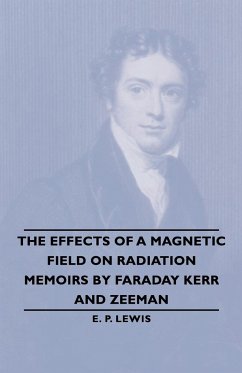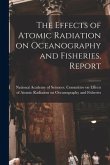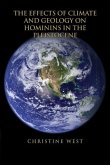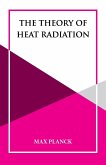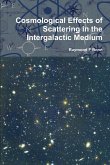In the early part of this century possible relationships between the various "forces of nature" began to attract the attention of physicists. In 1800 William Herschel discovered that a "heat spectrum" is superimposed on and extends beyond the visible solar spectrum, indicating some relationship between heat and light. This seems to have suggested to Domenico Morichini, of Rome, the search for a relationship between light and magnetism. In 1812 he claimed that he had been able to magnetize steel needles by exposing them to the violet radiation in the solar spectrum. Others, including Mrs. Somerville, in England, believed that they had verified his results, but many were unable to reproduce them, and it was finally demonstrated that all these effects had been due to other causes. The dispute over this question extended over many years, and is an instructive illustration of the difficulty which even skilled experimenters may have in solving a comparatively simple experimental problem. About 1825 Sir John Herschel sent a polarized beam of light along the axis of a helix carrying an electric current. Examination with an analyzer showed no effect. He also intended to test the effect of a polarized beam passing tangentially by a conductor carrying a current, but never executed the experiment. No other attempt to show a relationship between light and magnetism seems to have been made until Faraday undertook the investigation described in the following pages.
Hinweis: Dieser Artikel kann nur an eine deutsche Lieferadresse ausgeliefert werden.
Hinweis: Dieser Artikel kann nur an eine deutsche Lieferadresse ausgeliefert werden.

